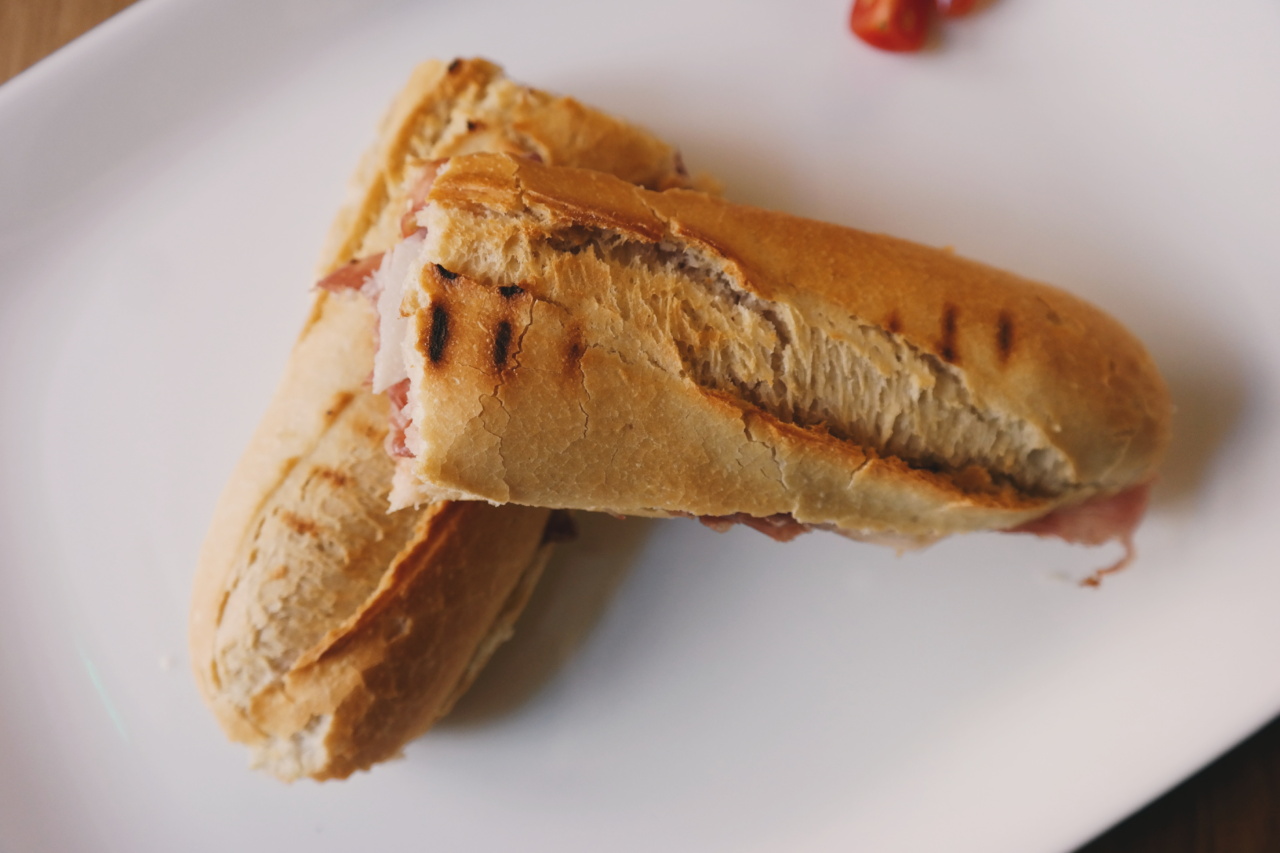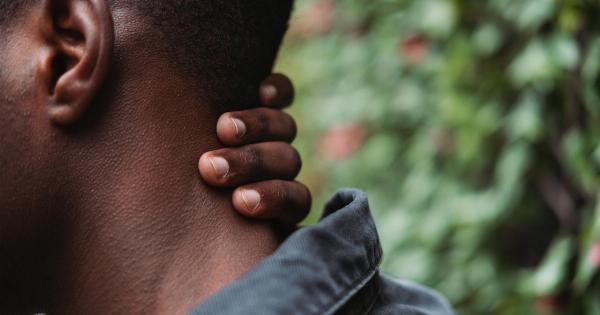Neck stiffness is a common condition that can cause discomfort and restrict movement. It often occurs due to muscle tension, poor posture, stress, or even a poor sleeping position.
While over-the-counter medications may provide temporary relief, there are several effective homemade solutions that can alleviate neck stiffness naturally. In this article, we will explore ten top homemade solutions to help relieve neck stiffness and promote relaxation.
1. Heat Therapy
Heat therapy is a simple and effective way to alleviate neck stiffness. Applying heat to the affected area enhances blood flow, relaxes muscles, and reduces pain and stiffness. You can apply a warm compress or take a hot shower to receive these benefits.
Another popular method is to use a heating pad or a hot water bottle wrapped in a towel. Place it on your neck for about 15-20 minutes, several times a day, until you feel relief.
2. Cold Therapy
Cold therapy is another effective homemade solution for relieving neck stiffness. Cold temperatures help reduce inflammation and numb the affected area, providing instant relief.
You can use a cold pack, ice pack, or even wrap some ice cubes in a towel and apply it to your neck. Remember to wrap the cold pack or ice cubes in a cloth to avoid direct skin contact. Apply the cold therapy for 10-15 minutes at a time, several times a day, until the stiffness subsides.
3. Neck Stretches and Exercises
Performing gentle neck stretches and exercises can significantly reduce stiffness and improve mobility. Stretch your neck slowly in each direction – forward and backward, side to side, and rotationally.
Avoid any sudden or jerky movements that may strain your neck. Additionally, some simple exercises like shoulder shrugs, chin tucks, and head tilts can help relax tense muscles and alleviate stiffness.
4. Soothing Herbal Remedies
Natural herbal remedies can offer relief from neck stiffness. Some herbs possess anti-inflammatory and muscle-relaxing properties that can soothe the neck area. For example, you can create a warm herbal tea by infusing basil leaves, chamomile, or ginger.
Drinking this herbal concoction can help reduce inflammation and promote relaxation. Alternatively, you can also apply essential oils like lavender or peppermint directly to your neck for a soothing massage.
5. Epsom Salt Bath
An Epsom salt bath is an excellent way to relax the entire body, including the neck area. Epsom salt contains magnesium sulfate, which can reduce muscle tension and inflammation. Fill your bathtub with warm water and add a cup or two of Epsom salt.
Soak in the bath for 20-30 minutes, allowing the minerals to penetrate your skin and provide relief. Practicing this remedy a few times a week can help alleviate neck stiffness.
6. Good Posture
Poor posture can contribute to neck stiffness. Maintaining good posture throughout the day is crucial for preventing and reducing stiffness. Make sure to sit or stand with your back straight, shoulders relaxed, and head aligned with your spine.
Utilize ergonomic chairs and pillows that support your neck’s natural curvature. Practicing good posture consistently can reduce muscle strain and decrease the likelihood of developing neck stiffness.
7. Meditation and Deep Breathing
Stress is a common cause of neck stiffness, and incorporating meditation and deep breathing exercises into your daily routine can help mitigate its effects. Find a quiet and comfortable place, close your eyes, and focus on your breath.
Inhale deeply through your nose, allowing your abdomen to expand, and exhale slowly through your mouth. This practice not only helps you relax but also reduces muscle tension in your neck, alleviating stiffness.
8. Relaxation Techniques
Engaging in various relaxation techniques can be highly effective in reducing neck stiffness. Practices like progressive muscle relaxation, guided imagery, and yoga can help release tension throughout your body, including your neck muscles.
Find relaxation techniques and exercises that work for you and incorporate them into your daily routine to promote overall relaxation and prevent neck stiffness from occurring.
9. Massage Therapy
Massaging the affected area can help loosen tight muscles and relieve neck stiffness. You can seek professional massage therapy or perform self-massage techniques. Gently rub your neck using your fingertips, applying a moderate amount of pressure.
Circular motions or upward strokes can be effective in releasing tension. Be cautious not to exert excessive pressure that could cause more discomfort. Regular massages can go a long way in preventing and managing neck stiffness.
10. Adequate Sleep and Support
Getting enough restful sleep and proper neck support are essential for preventing and alleviating neck stiffness. Make sure to sleep on a comfortable mattress and pillow that correctly aligns your head, neck, and spine.
Keep your sleeping environment peaceful and distraction-free to promote deep sleep. Additionally, using a supportive neck pillow during long journeys or while sitting for prolonged periods can help maintain proper posture and prevent neck stiffness.
Conclusion
Neck stiffness is a common condition that can be effectively managed with homemade solutions. From heat and cold therapy to stretching exercises and soothing herbal remedies, there are numerous natural approaches you can try.
Additionally, maintaining good posture, practicing relaxation techniques, and seeking regular massages can significantly reduce the occurrence and severity of neck stiffness. By incorporating these homemade solutions into your routine, you can find relief from neck stiffness and promote overall relaxation and well-being.































